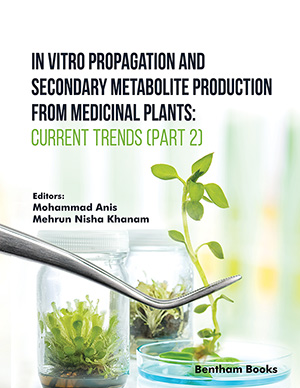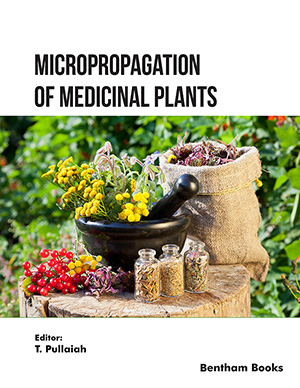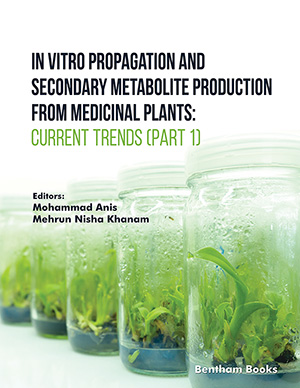Abstract
Bioactive peptides are a promising class of therapeutics for the treatment of diseases associated with Alzheimer's and brain disorders. These peptides are derived from naturally occurring proteins and have been shown to possess a variety of beneficial properties. They may modulate neurotransmitter systems, reduce inflammation, and improve cognitive performance. In addition, bioactive peptides have the potential to target specific molecular pathways involved in the pathogenesis of Alzheimer's and brain disorders. For example, peptides have been shown to interact with amyloid-beta, a major component of amyloid plaques found in Alzheimer's disease, and have been shown to reduce its accumulation in the brain. Furthermore, peptides have been found to modulate the activity of glutamate receptors, which are important for memory and learning, as well as to inhibit the activity of enzymes involved in the formation of toxic amyloid-beta aggregates. Finally, bioactive peptides have the potential to reduce oxidative stress and inflammation, two major components of many neurological disorders. These peptides could be used alone or in combination with traditional pharmacological treatments to improve the management of diseases associated with Alzheimer's and brain disorders.
Keywords: Bioactive peptides, naturally occurring proteins, beneficial properties, alzheimer's and brain disorders, traditional pharmacological treatments.





























